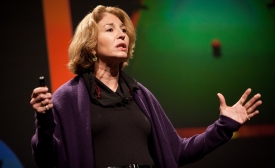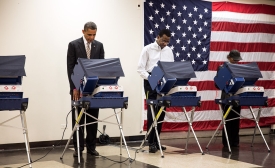international relations
THERE ARE SOME rather remarkable aspects of the increasingly heated debate about China’s influence in Australia. First, the idea that China actually has any “soft power” to exert is actually rather surprising. Soft power, after all, is something that has generally been associated with our cousins in the U.S. — not “Communist China”.
The Ministry of Defence should be congratulated not only for taking this most important initiative to hold this Seminar and for the sixth consecutive year, but also for the deciding on a topic “Soft power and its influence on global issues” which is most relevant to the world at this particular time, for Soft Power is essentially the power of Diplomacy which lays absolute emphasis on persuasion, and is the need of the hour.

Gain career advice and expert insight from women at the top of their fields in this new podcast from USC Master of Public Diplomacy alumna Kelsey Suemnicht (MPD '13).

Around a third of Saudi scholarship students in the UK are female, many of them outstanding scholars, creative artists and filmmakers. They are a massive soft-power asset that could aid Saudi Arabia address foreign public opinion about how Saudi women are benefiting from greater political, social and economic roles. Saudi diplomacy with the UK is mostly mediated by elites.
Today, art is one of many weapons utilised by governments – including our own – in the battle for political influence. In its Public Diplomacy Strategy 2014-16, the Department of Foreign Affairs and Trade (DFAT) notes that culture and the arts are one of many ‘public diplomacy initiatives’ employed to strengthen Australia's influence in the Indo-Pacific region.
Foreign aid is a key instrument of international engagement in Japan’s foreign policy toolkit. Although Tokyo is no longer the world’s top aid donor that it once was in the 1990s, it still was the world’s number four aid donor in 2015 with close to a US$10 billion annual budget. It is not just the size of the aid budget that has changed. So has Tokyo’s thinking behind foreign aid.







